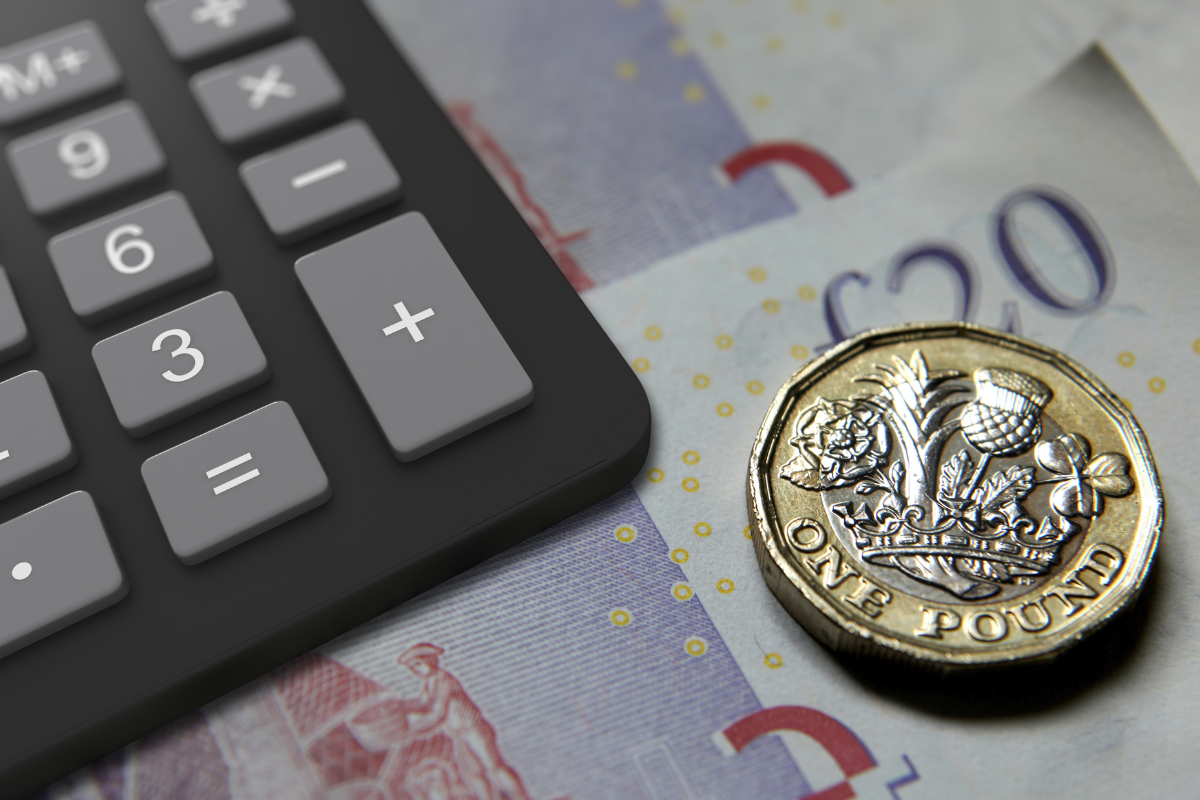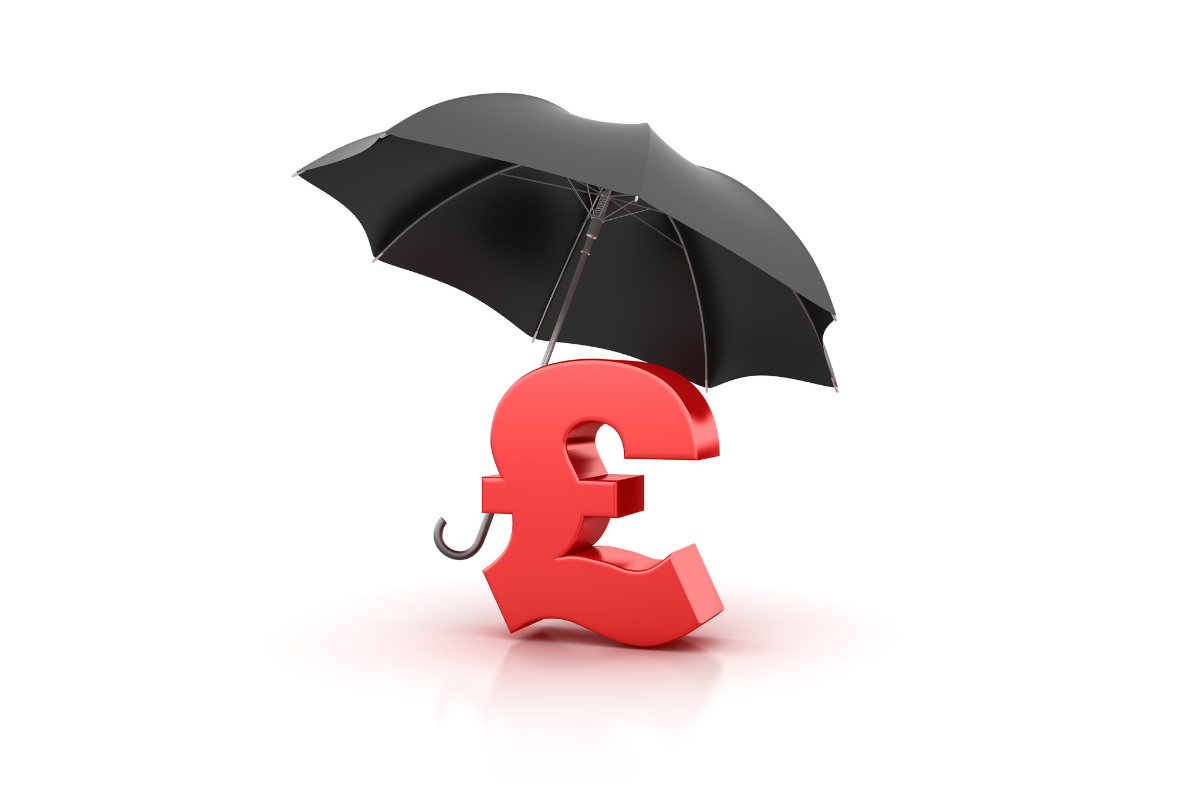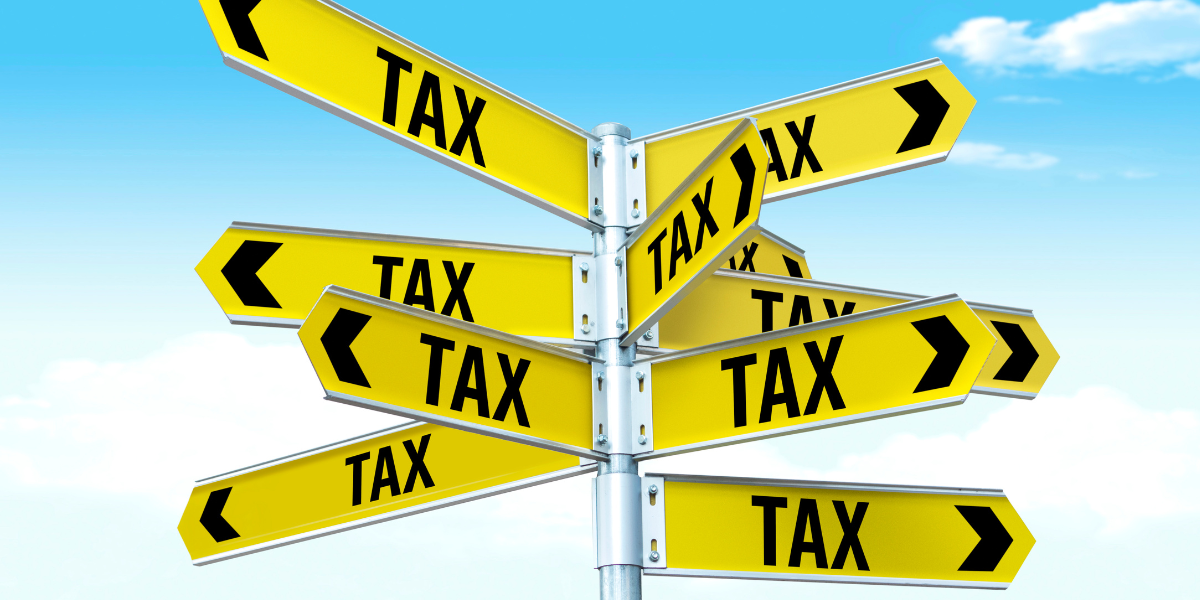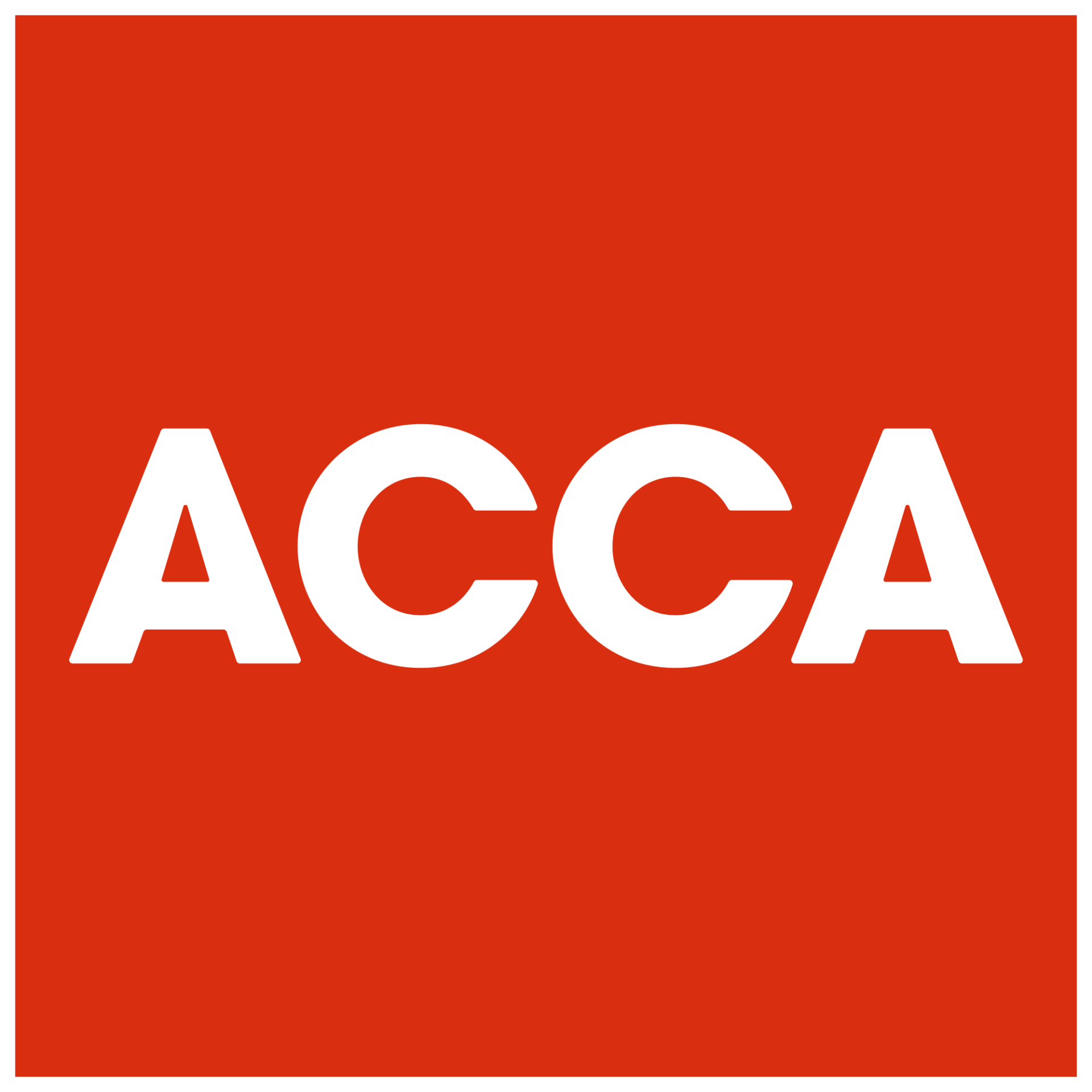Key tax changes for 2022-2023
Time to read: 3 minutes
The 2022-23 tax year runs from the 06th April 2022 to 05th April 2023. Here we highlight the key changes to look out for in this new tax year.
The personal allowance is how much personal income an individual earns before paying income tax.
Personal income could be from employment income, self-employment activities, rental income, dividends etc, or a combination.
In the 2022-23 tax year, the personal allowance will be £12,570.00. This is the same amount as the last tax year (2021-22).
Important note: For every £2.00 an individual earns above £100,000.00, the personal allowance reduces by £1.00. Therefore, when the total personal income exceeds £125,140.00, an individual is no longer entitled to a personal allowance of £12,570.00.
In the 2022-23 tax year, the
income tax rates will remain the same – 20%, 40%, and 45%.
- Income between £12,571.00 to £50,270.00 will be taxed at 20%.
- Income between £50,271.00 to £150,000.00 will be taxed at 40%.
- Income above £150,001.00 will be taxed at 45%.
Dividends are amounts withdrawn from a limited company via shareholders. Dividends are subject to dividend tax.
The tax rates for dividends have increased by 1.25% for each dividend tax bracket to help support the NHS, health and social care services in the UK. Please see the following rates below.
- Withdrawals up to £2,000.00 dividends in the 2022-23 tax year, are tax-free.
- When the total personal income for the tax year is under £50,270.00 including dividends, the dividend tax payable will be 8.75%.
- When the total personal income for the tax year is between £50,271.00 to £150,000.00 including dividends, the dividend tax payable will be 33.75%.
- When the total personal income for the tax year is above £150,001.00 including dividends, the dividend tax payable will be 39.35%.
Dividends must be declared via a self-assessment tax return at the end of each tax year where an individual will be required to pay the necessary dividend taxes.
The combination of salary and dividends from a limited company is the most tax efficient way to extract money.
There are two suggested
salary options available below:
a) The personal allowance is £12,570.00 per annum which is £1,047.50 per month. This is good to keep a company’s overall corporation tax bill down and there is no personal tax at this salary level. The annual individual employee national insurance contributions will be £89.25.
b) Alternatively, some do not wish to make any national insurance contributions as well as not paying any personal taxes. If this is the case opting for a salary up to the secondary threshold of £9,100.00 per annum - £758.33 per month, is recommended.
Lastly, if an individual already has another job outside of the limited company, it is advisable not to receive any salary, for personal tax purposes.
National insurance has increased by 1.25% for employees, employers and for those who are self-employed.
- Employees are required to pay national insurance on earnings above £9,100.00 per year.
- Those who are self-employed are required to pay national insurance on earnings above £6,725.00 per year.
- Individuals will not be required to pay national insurance on earnings under £12,570.00 from July 2022.
- The employment allowance has increased to £5,000.00. This allowance allows employers to reduce their national insurance liability by up to the annual allowance amount.
If you have any questions regarding the above topics, further changes in the tax year, or any other topics, please do not hesitate to contact us.
At your service!












